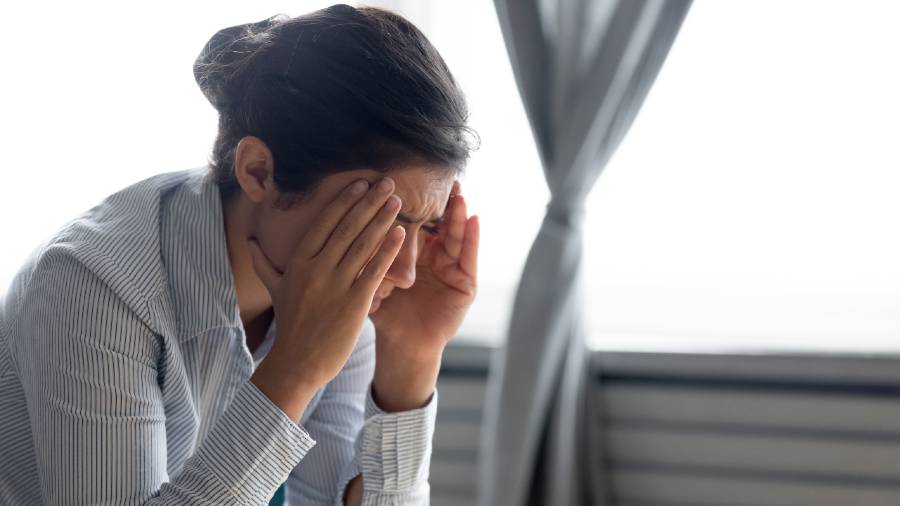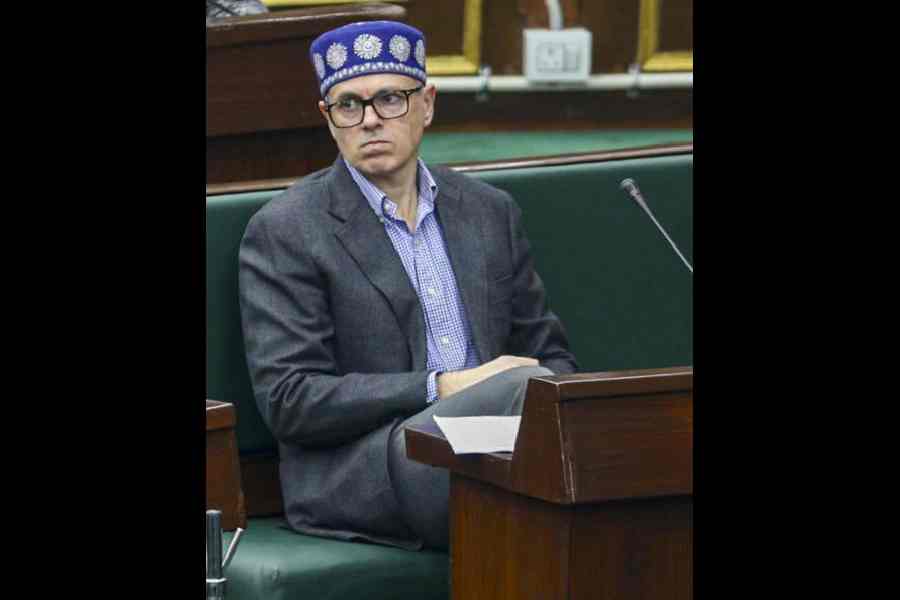During normal times, 15-20 per cent of the population suffers either from anxiety or a combination of anxiety and depression. The last two years have changed everyone’s lives —the Covid-19 pandemic has resulted in loss of jobs, inflation, illness, unsatisfactory education for self or dependents and social isolation.
Often, that anxiety or depression has set in is not recognised by the person or the caretakers. It is dismissed as that is “the way he or she is” or he or she is “irritating”. They do not receive the counselling or psychiatric help required, and increasingly become non-functional and isolated.
Doctors tend to separate physical diseases with obvious symptoms and laboratory results from mental illness. This division is artificial. A “real illness” can result in the collapse of coping mechanism. It can result in behaviour that makes the condition worse. Those with liver disease may continue to drink or tobacco users with lung damage may just cut down and not give up. Unrecognised depression and anxiety can produce and also aggravate underlying physical illnesses.
Feeling sad and “down” is normal, but it has progressed to depression when symptoms like a feeling of hopelessness, lack of energy, thoughts of suicide, withdrawal from friends, inability to sleep or sleeping too much, difficulty in concentrating and decision-making appear and persist. Eventually, there may no longer be an obvious precipitating factor or reason, and relationships and work may suffer.
Anxiety is normal. The body’s reaction to danger makes the body secrete the chemicals adrenaline and noradrenaline. They make the heart beat rapidly, quicken defensive actions and shorten response time. It can be regarded as abnormal if it occurs several times a day, is without any discernible reason and interferes with daily activities. A continuous feeling of tension, fast heart rate, rapid breathing, trembling, sweating, difficulty in concentrating and a feeling of nausea and diarrhoea may accompany it.
These may be precipitated by illnesses like heart disease, diabetes, hyperthyroidism and the use of alcohol or recreational drugs. Even if the disease is addressed, the symptoms keep reappearing, and the person becomes dysfunctional and withdrawn.
The conditions can be treated once the problem is diagnosed. Denial by the patient and the family are the biggest obstacle to successful treatment. Counselling, behaviour modification and psychotherapy may be all that’s needed. And perhaps, mild sedation or medication for a limited period. Under medical supervision, the patient can be weaned off medicines after some months.
People buy sleeping pills over the counter or by presenting outdated prescriptions. This is counterproductive. Never self-medicate. Some of these are addictive and, eventually, higher doses are needed for the same effect. Also, insomnia due to depression asks for antidepressants, not sleeping pills.
Professional interventions bear better results when combined with lifestyle changes.
Diet should be nutritious with at least 4-6 helpings of fresh fruits and vegetables daily, as they contain neuroprotective antioxidants.
Walk, jog, run or swim for 30 minutes a day.
Sleep at scheduled times, for 7-8 hours a day. Do not resort to alcohol or drugs.
Practise yoga and meditation for 10-20 minutes a day.
Stay in touch with your family and friends. Lack of social interaction and isolation will aggravate both depression and anxiety.










